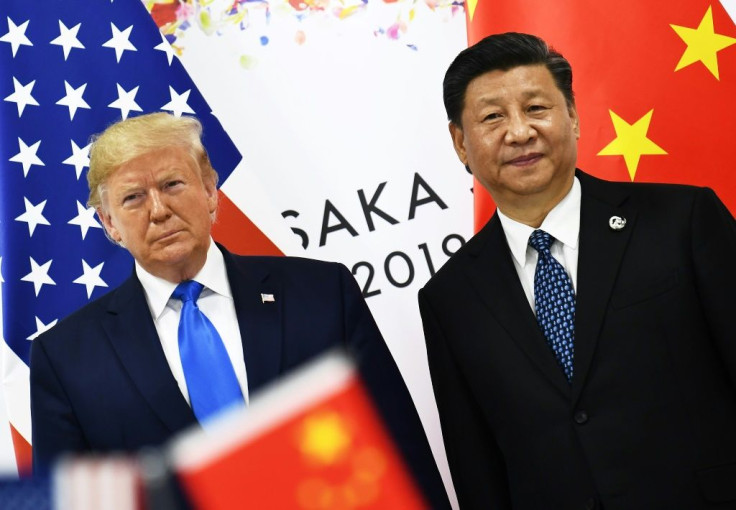US Visa Curbs On China Over Uighur Muslims Dampens Trade Talks

The visa restrictions announced by the United States on Chinese officials over the alleged detention and abuse of Muslim minorities in China have jolted the high-level trade Sino –U.S. talks to end the protracted trade war.
Top-level talks were scheduled for Thursday between Chinese Vice Premier Liu He and U.S officials including Trade Representative Robert Lighthizer and Treasury Secretary Steven Mnuchin.
The State Department said Tuesday that it acted on a recommendation by the U.S. Commerce Department that cited mistreatment of Uighur Muslims and other ethnic minorities in China.
On Monday the Trump administration had blacklisted 28 public security entities and companies allegedly involved in surveillance of minority groups. The action restricts U.S. companies from doing business with them.
However, the State Department did not name the Chinese officials affected by the visa curbs.
In a statement, Secretary of State Mike Pompeo said the measures will target officials “who are believed to be responsible for, or complicit in, the detention and abuse of Uighurs, Kazakhs, or other members of Muslim minority groups” in the territory in northwest China.
Blacklisting hurts hopes on trade dispute settlement
Among the Chinese companies blacklisted by the Commerce Departments include Hikvision known as the largest maker of video surveillance gear.
Blacklisting implies those Chinese firms cannot buy components from American companies without the prior approval of the U.S. government.
The U.S used the same procedure on China’s Huawei Technologies and blacklisted it citing national security reasons.
Some reports also said the U.S is contemplating restrictions on capital flows into China as well, especially on investments made with U.S. government pension funds.
China urges the removal of sanctions on Chinese firms
There was no immediate reaction from China on the visa issue. But early on Tuesday, China warned the United States against “interfering” in its affairs and said China will continue to take firm measures to protect its sovereign security, per Foreign Ministry spokesman Geng Shuang.
“We strongly urge the U.S. to immediately stop making irresponsible remarks on the issue of Xinjiang” and “stop interfering” in “China’s internal affairs, and remove relevant Chinese entities from the list of entities as soon as possible,” the spokesperson’s statement said per China news.
That China was not placing big hopes on the trade talks was apparent from a report in The South China Morning Post.
The report said China has only modest expectations ahead of the Thursday talks and added the Chinese delegation may leave earlier because “there’s not too much optimism.”
The visa curbs on China pulled down major U.S. stock indexes as Investors worried that the fresh tensions between Washington and Beijing could topple efforts to settle the U.S. China trade war.
Meanwhile, China rejected President Donald Trump’s request to investigate former Vice President Joe Biden, per Trump news.
“We have no intention of intervening in the domestic affairs of the United States. Our position is consistent and clear,” said Chinese foreign ministry spokesman Geng Shuang, according to the South China Morning Post newspaper.
Trump had said there was evidence China gave Biden’s son Hunter “a billion and a half dollars” for business dealings in the country.
© Copyright IBTimes 2024. All rights reserved.





















